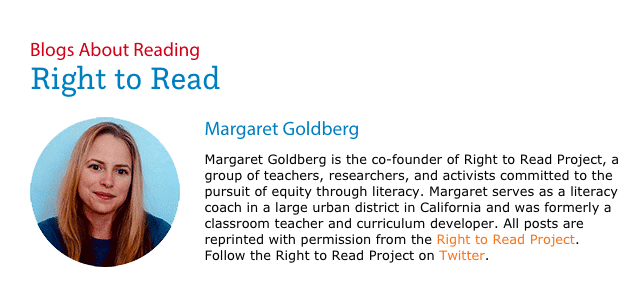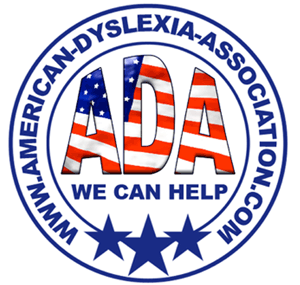We Can’t Teach Love But We Can Teach Reading
When reading comes easily, it’s easy to love it
Reading courses in my teacher preparation program centered around a love of reading. In class, we shared our own memories of learning to read, curated books lists for our classroom libraries, and debated the themes hidden in our favorite children’s books. We were taught to devote time to students reading for pleasure and to be disdainful of basal programs with scripted lessons.
When I first began teaching, I read aloud to my class every day, gave my students time for independent reading, and facilitated discussions about their books. My approach worked well for students who entered my fourth grade class already reading well. They would sprawl around the classroom and become so absorbed in their books that they’d groan when Read to Self time was over. I had a few students who struggled with reading and they were pulled for intervention by a specialist and I never had the opportunity to see the instruction they received. So while I taught fourth grade in a high-performing school, I believed that if students were given time to read and discuss good books, their abilities would grow and a love of reading would flow naturally.
But when reading is difficult …
Five years ago, I moved to a school with low reading achievement. As a literacy coach, I saw teachers try the same strategies I had used, but they experienced very different results. And I quickly learned that in classrooms with children who cannot read well there are a thousand ways a Readers Workshop lesson can backfire.
In one third grade class, a teacher began to state her teaching point, “Good readers…” only to be cut off by a student who called out, “We don’t got those in here!” The teacher handled the disruption beautifully in the moment, but afterwards she lamented, “The kid had a point.” Just two of her students were reading anywhere near grade level.
In well-managed classrooms, independent reading periods would devolve into quiet distraction. In less-orderly rooms, students scrawled curse words in books and knocked leveled book bins to the floor. Our school’s kindergarteners had more tolerance for low-level books than the ten year olds who had been struggling for years to make sense of reading. I soon realized that independent reading is a burden, not a pleasure, for students who struggle to lift the words off the page.
Student: Why do they always put tricky words in there?
Although we had hundreds of books bins, only the low-level books were being used. Our mini-lessons began to feel too mini and our Guided Reading lessons felt too guided. What had seemed to be enough in my own fourth grade classroom was certainly not enough here. It seemed cruel to talk about a love of reading when students felt taunted by the squiggly lines on the page.
The joy of cracking the code
I began to use the time I had devoted to Guided Reading intervention for explicit phonics instruction. The scripted lessons felt dry, but I honored the instructional routines and I faked enthusiasm. My students discovered the joy in the lessons before I did.
Continue reading here: https://www.readingrockets.org/blogs/right-read/we-can-t-teach-love-we-can-teach-reading
Category: Dyslexia








